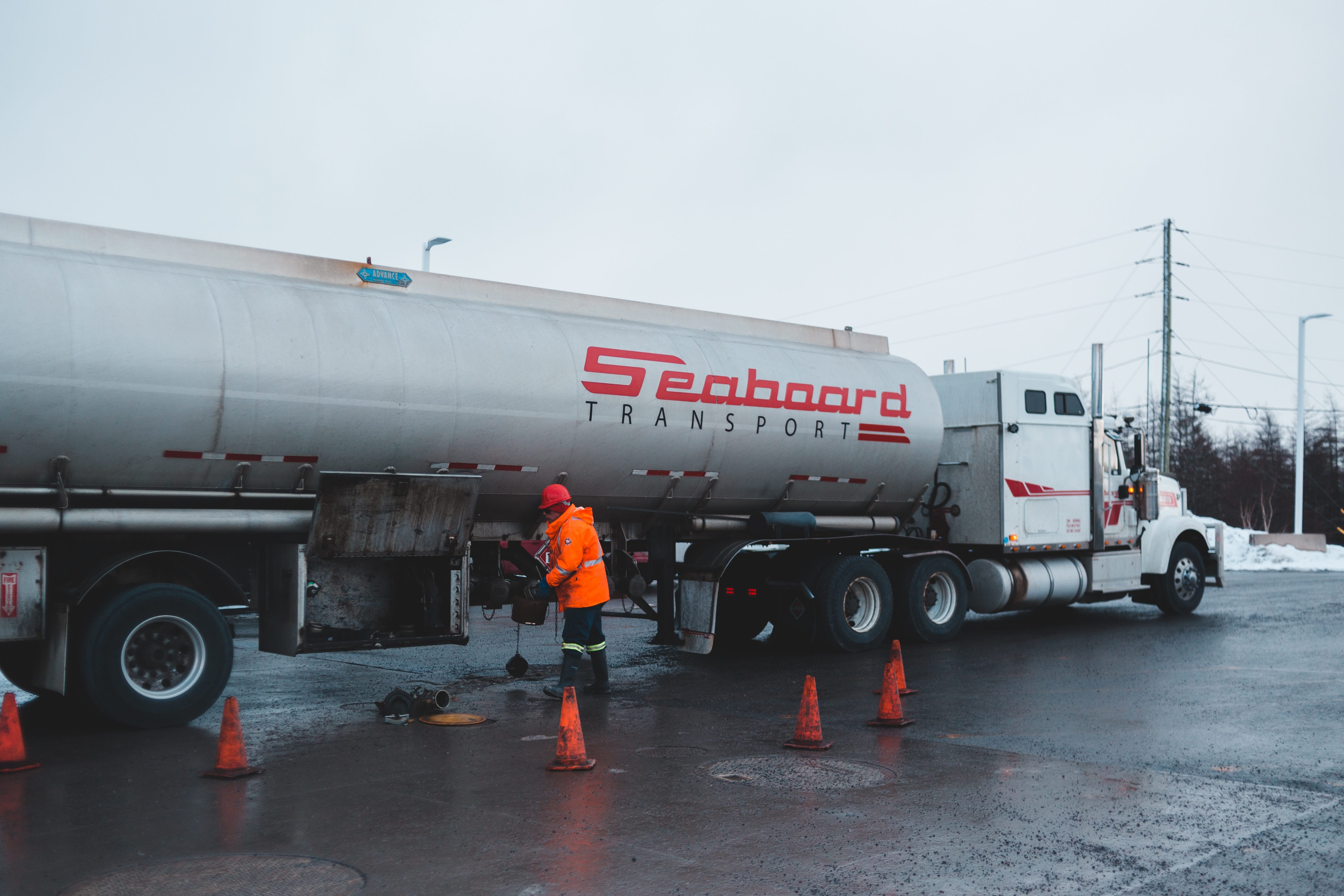
Chemical tankers are specialized vehicles designed to transport a wide range of chemical products, such as acids, solvents, and other hazardous materials. They are essential in the transportation industry, as they provide a safe and efficient means of transporting these materials from one location to another.
Here's what you need to know about chemical tankers:
What Are Chemical Tankers?
Chemical tankers are vessels designed to transport liquid chemicals in bulk quantities. They come in various sizes and configurations, from small coastal tankers used for local transport to large ocean-going tankers used for international trade.
One of the primary advantages of chemical tankers is their ability to transport hazardous materials safely. They are designed with specialized equipment, such as stainless steel tanks and pumps, to prevent leaks and spills during transport.
How Are Chemical Tankers Used?
Chemical tankers are used in a wide range of industries, including agriculture, pharmaceuticals, and manufacturing. They play a vital role in transporting raw materials, finished products, and byproducts between different locations.
Chemical tankers are also used for the disposal of hazardous waste. They can transport hazardous materials to specialized facilities for safe disposal, reducing the risk of environmental contamination.
Safety Considerations for Chemical Tankers:
Due to the hazardous nature of the materials they transport, safety is a top priority for chemical tankers. They are subject to strict regulations and safety standards, including the International Maritime Dangerous Goods (IMDG) code and the International Convention for the Prevention of Pollution from Ships (MARPOL).
To ensure safe transport, chemical tankers must be equipped with specialized safety equipment, such as fire-fighting systems, inert gas systems, and double-hull construction. They must also undergo regular inspections and maintenance to ensure they meet safety standards.
In conclusion, chemical tankers are essential in the transportation industry, providing a safe and efficient means of transporting hazardous materials. By understanding how they're used and the safety considerations involved, you can make informed decisions about their use in your business operations.